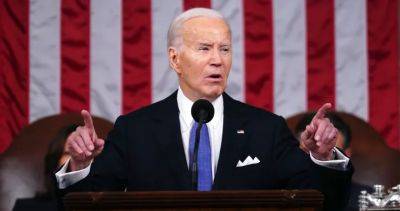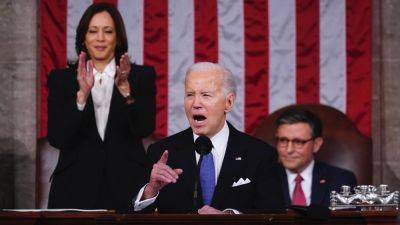I'm A Colorectal Cancer Doctor. Here Are 5 Things I'd Never Do.
Colorectal cancer is the third- most common type of cancer around the world. In the earlier stages, it can be tough to catch. The symptoms, like diarrhea, abdominal pain and anemia, can easily be overlooked or mistaken for another, more benign issue.
There’s also been a spike in colorectal cancer diagnoses among younger people . The reason for this, though unclear, is likely multifactorial, with genes, environmental exposures and lifestyle all contributing. What we do know is that when colon cancer is caught early, it can be effectively treated.
Fortunately, there’s a lot you can do to keep your bowel health in check. We asked Dr. Ursina Teitelbaum , a medical oncologist and section chief for gastrointestinal cancers at Penn Medicine’s Abramson Cancer Center , about the most common mistakes worth avoiding for the sake of your bowels. Here’s what Teitelbaum said she personally avoids, and what you should, too:
1. I’d never ignore my family history.
Family history is one of the strongest risk factors for colorectal cancer. Up to 1 in 3 people who get diagnosed with colorectal cancer have family members who also had it. There are a few reasons why cancer runs in families: genetics, shared environmental factors, and some combination of the two, according to the American Cancer Society.
Because the health of your relatives directly influences your individual risk of colon cancer, it’s crucial to know your family history. Teitelbaum recommended asking your parents, siblings or other relatives if any family members, including grandparents, cousins, or aunts and uncles, were ever diagnosed with colorectal cancer.
If you find out a first-degree relative had colon cancer, for example, you’ll be advised to start screening







